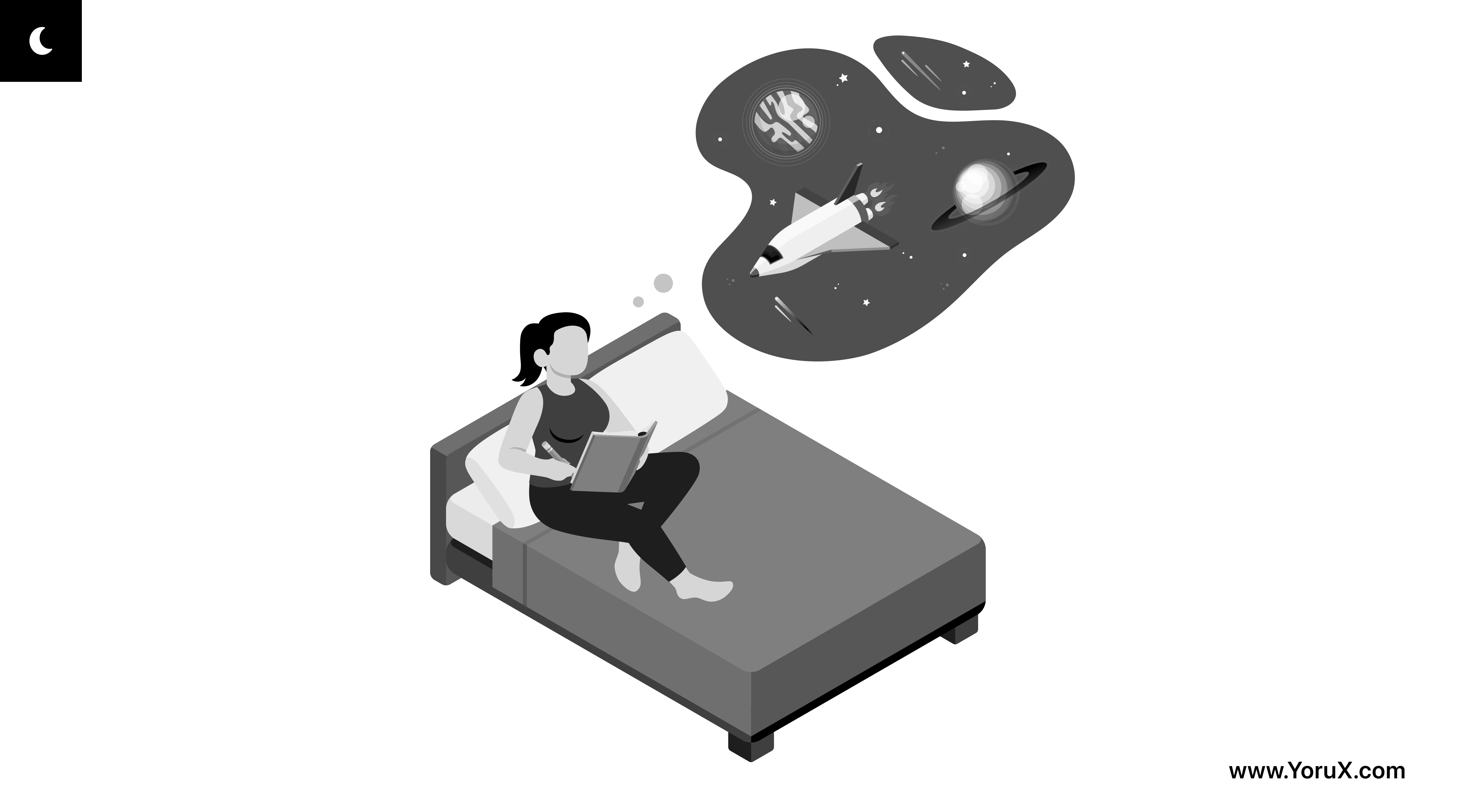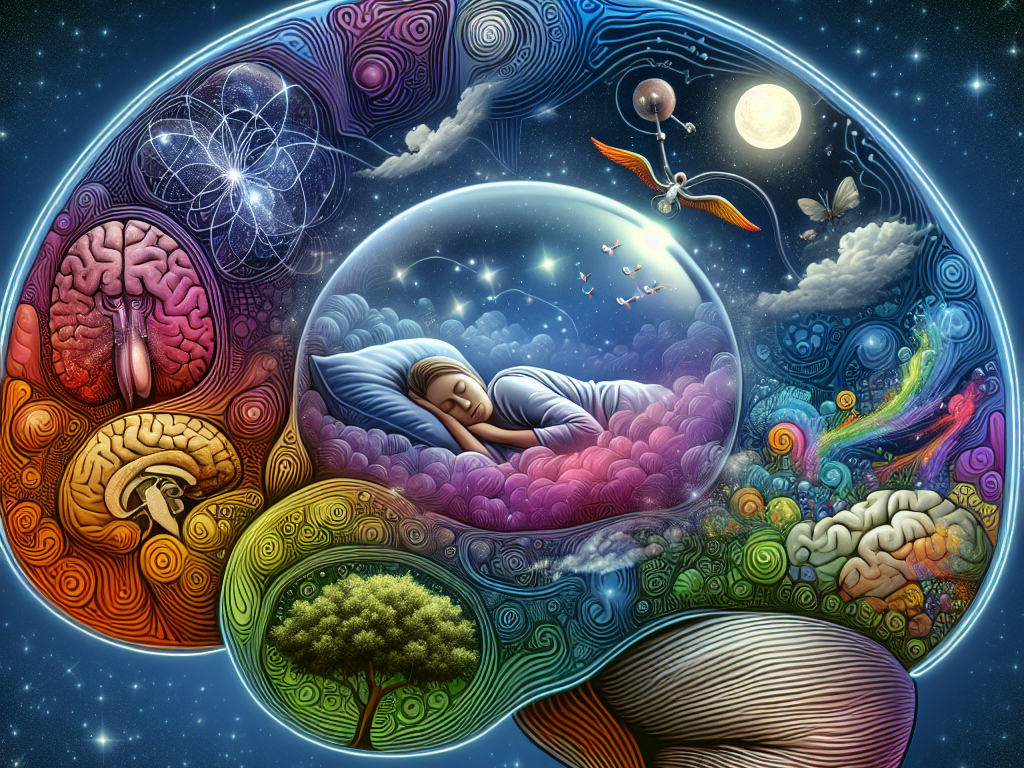
Lucid dreams are a demanding adventure. They require concentration, focus, and dedication. It’s not easy to continually adhere to these requirements. And yet, it is necessary.
One of the most time and effort consuming tasks is recording your dreams. It’s something you have to do every morning right after waking up – after all, we forget most of our dreams minutes after we exit the dream world.
For this reason, it is advisable to keep your dream journal as close to your bed as possible. It should be used for dream recording even if you wake up in the middle of the night – chances are, you’ve just had a vivid, exciting dream and need to write it down before the details get forgotten.
It’s understandable if you miss a morning here or there – after all, those extra sleeping minutes in the morning are very enjoyable. Maybe you even feel like it’s a waste of time to record your dreams in the first place.
So, how important is it? Can one achieve lucid dreaming without recording their dreams?
To answer this question, we must first understand why dream recall is closely linked with lucid dreaming. Whenever you find yourself in a dream, you rarely ever question the environment and characters surrounding you. Everything feels logical, accurate, and authentic. It is only after you wake up that you realize how incredibly senseless the experience actually was.
“There’s no way you can breathe underwater, silly,” you might think to yourself. “Animals can’t talk, and they certainly can’t drive cars, let alone shoot weapons while doing so.”
Recording your dreams allows you to get familiar with the things that happen within them. It helps you distinguish the natural world from the dream world and recognize the patterns in your nightly adventures. This, in turn, dramatically increases your chances of having a lucid dream, especially if you pair it with reality checks.
Furthermore, recording your dreams will result in you remembering more of them. It’s usually the case that you remember only the last dream you’ve had during sleep, but in reality, we have 4 to 7 dreams every night – assuming you sleep well, of course.
However, lucid dreams can occur even if you don’t write in your dream journal.
A recent study has found that half of the people can experience a lucid dream in the very first night they try it if they use the Wake Back To Bed (WBTB) method paired with the MILD technique.
The problem is that the participants in this study were woken up precisely in the middle of the REM stage of sleep – it’s not that easy to do outside of a lab without proper equipment to measure brain activity. You can get the general idea of when it is best to wake up (usually after 4,5 – 6 hours of sleep), but the sleep cycles differ from person to person.
Even if you manage to wake up at a precise time and use one of the lucid dreaming induction techniques, you should not forget the other half of participants who failed to experience conscious dreaming in the study lead by professional researchers.
To conclude this article – yes, it is possible to have a lucid dream without recording your dreams. At the same time, it is much less probable. There’s no way around it – if you wish to experience conscious dreaming as soon as possible, you’ll have to do the necessary tasks.
If you’re struggling with dream recall, you can always improve it. Good luck!


.png)

